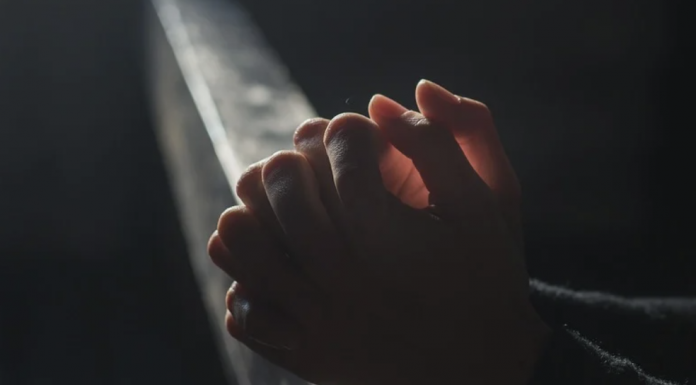PITTSBURGH (KDKA) — As more employers require COVID-19 vaccinations as a condition of employment, some employees have tried to claim a religious objection to the vaccine.
As KDKA money editor Jon Delano, who is also an attorney, explains, that’s not as easy as it might seem.
There is no state law to keep employers from requiring vaccinations. If a medical doctor certifies a vaccine would compromise your health, under most circumstances that’s enough for your boss. But a religious objection is much harder to make.
“People have heard that religion may be a way of getting out of getting a vaccine,” said Christine Elzer, a Pittsburgh employment attorney.
Elzer said she’s asked about religious exemptions frequently.
The quick answer is employers can require vaccinations, but, Elzer says:
“Title VII of the Civil Rights Act of 1964 and the Pennsylvania Human Relations Act both require employers to make reasonable accommodations to sincerely held religious beliefs if doing so would not cause an undue hardship.”
“What does a firmly held belief mean? How can I know that you have one?” said Dr. John Grabenstein, a leading scholar on vaccines and religion.
He said none of the world’s major religions — Christianity, Islam, Buddhism, and Judaism — oppose vaccinations. In fact, it’s just the opposite. Pope Francis calls vaccination an “act of love.”
“They all take great pains to say, we are responsible for preserving health, for keeping the body healthy, and that’s what vaccines do, of course,” Grabenstein said.
Prof. Drew Smith, a Baptist minister at the Pittsburgh Theological Seminary, said a religious objection to vaccines has no Scriptural basis … READ MORE.



